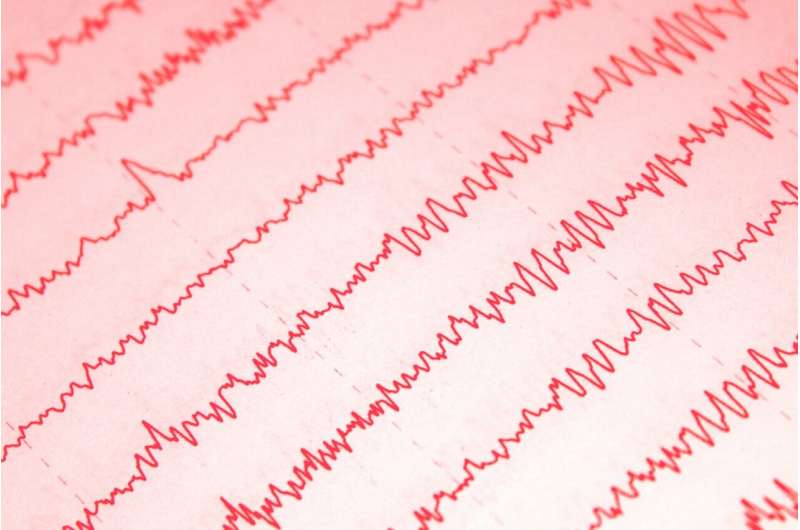
Infants with tuberous sclerosis complex (TSC), a rare genetic disorder, have a high risk of developing infantile spasms and developmental delay. The early onset and severity of the seizures increase their risk for developmental delays, autism spectrum disorders and behavioral symptoms.
In new study results, researchers from the University of Alabama at Birmingham found that administering the preventive epilepsy treatment vigabatrin prior to seizure onset did not improve neurocognitive outcomes in TSC infants at two years of age.
The findings from the PREVeNT Trial were published in the Annals of Neurology and presented in a keynote address at the 2023 International TSC Research Conference hosted by the TSC Alliance.
A previous study led by UAB found that the changes observed on electroencephalography, or EEG, can serve as a biomarker in TSC infants and predict children who are at risk of developing seizures. However, there is not a consensus in the field on when to start antiepileptic treatment—at the sign of the first abnormal EEG or after the infant’s first seizure.
“The PREVeNT Trial showed that preventive treatment with vigabatrin delayed the onset and lowered the overall incidence of infantile spasms in infants with TSC,” said Martina Bebin, M.D., professor in the UAB Marnix E. Heersink School of Medicine Department of Neurology and principal investigator of PREVeNT. “However, drug-resistant epilepsy remained at 24 months, focal seizures remained prominent in the group, and there was no benefit in cognitive outcomes.”
Results from the UAB-led EEG study led to the design of PREVeNT, the first multicenter phase IIb double blind placebo-controlled trial to evaluate preventive epilepsy treatment in TSC infants. Vigabatrin, a first-line therapy for infantile spasms in TSC infants, was used as the preventive therapy in the study.
The study group enrolled 84 infants between 2016 and 2020. The infants received EEG screenings every six weeks in the first year of life, every three months during the second year and one at 36 months.
Enrolled infants had been diagnosed with TSC, through either prenatal testing, physical examination or genetic testing, and had yet to have any seizures. Infants who developed the EEG biomarker were randomized to two groups, one receiving preventive vigabatrin treatment and one receiving placebo.
Results showed no significant differences in the groups at 24 months of age on the Bayley-III cognitive scale nor Vineland-II adaptive behavioral standard scores.
“Moving forward, additional therapies for epilepsy prevention such as mTOR inhibition in TSC and other developmental epilepsies are needed,” Bebin said.
“This well-designed study provides evidence that delaying seizure onset with vigabatrin is not sufficient to improve cognitive and neurodevelopmental outcomes in children with TSC,” said Laura Mamounas, Ph.D., NINDS project scientist for the PREVeNT Trial and NINDS program director, Division of Neuroscience. “The findings point to the need for more effective therapies to treat cognitive and behavioral dysfunction in TSC.”
More information:
E. Martina Bebin et al, Early Treatment with Vigabatrin Does Not Decrease Focal Seizures or Improve Cognition in Tuberous Sclerosis Complex: The PREVeNT Trial, Annals of Neurology (2023). DOI: 10.1002/ana.26778
Journal information:
Annals of Neurology
Source: Read Full Article
